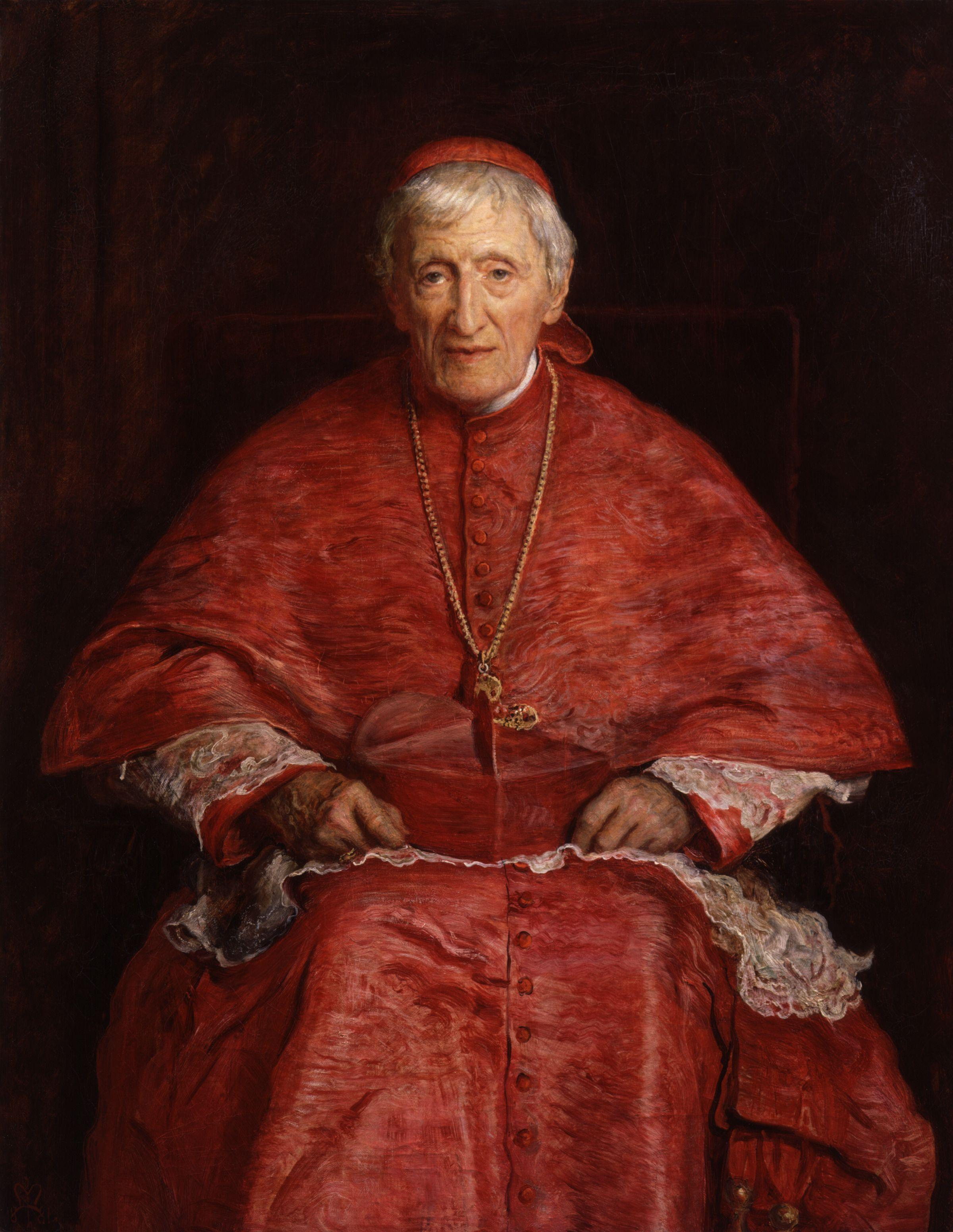....ARE NOT NECESSARILY YOUR ENEMIES.
"I would say that as a public figure, the best defense to speech that you don't
like about yourself as a public figure is to develop a thick skin. If you absolutely
can't tolerate critics, then don't do anything new or interesting."
Jeff Bezos
A couple of weeks ago. I angered some individuals with my column in The Record because I criticized a few priests who think their "running people off" is actually purifying the Church.
I find it very interesting that the column, to the right of mine this week (6-2-16), Father Kenneth Doyle's "Question Corner," answers a very similar question about "Priests who act as dictators are driving young people to go to non-Catholic services or to quit altogether."
Contrary to what one critic said - that what I wrote about was just opinion and hearsay - I have spent at least four full days speaking to diocesan presbyterates and their bishops in over one hundred dioceses in seven countries.
I have heard the stories first hand in many of the dioceses where I have led presbyteral convocations. I have read the literature from the treatment programs. I designed and directed a new pastor program in a seminary for at least ten years. I have taught a "transition out of the seminary" class for ten years and I have written several books for priests in their first five years. I helped secure a two-million dollar grant to focus on issues facing priests in their first five years.
This does not necessarily make me an expert on the subject, but it does give me a right to talk about the issues I have seen, heard and read about. Below I share an article that I submitted to Seminary Journal back in 2011.

SEMINARY JOURNAL - 2011
From Designated Spiritual Leaders to Real
Spiritual Leaders
The Challenge Facing Initial Priestly
Formation
Rev. J. Ronald Knott
Although those who have no knowledge of
the power of drugs shrink from presenting themselves as physicians of the
flesh, there are those who are utterly ignorant of spiritual precepts but not
afraid of professing themselves to be physicians of the heart.
On Pastoral Care
Saint Gregory the Great
The quote above is from the
“classic” work of St. Gregory the Great who was acclaimed Pope by the clergy
and people of Rome on the death of Pope Pelagius in the year 590. Gregory sought
to decline the office, and in this he was utterly sincere. He wrote that he
“undertook the burden of the dignity with a sick heart,” that he was “so
stricken with sorrow that he could hardly speak” and that “the eyes of his soul
were darkened with grief.” When John, archbishop of Ravenna, chided Gregory for
his reluctance in assuming the office, to which he was elevated, Gregory wrote
his treatise, On Pastoral Care, as a
reply. He
seemed to understand quite well that “fools rush in where angels fear to
tread.”
For the last seven years, I have
taught the Deacon Class at Saint Meinrad Seminary in a course I call “The
Transition Out of the Seminary and Into Ministry.” I even wrote a book for my own course
entitled From Seminarian to Diocesan Priest: Managing a Successful
Transition. (1) One of the texts I use in that class is St. Gregory’s
classic On Pastoral Care. I have
always understood a “classic” as a work that has withstood the test of time and
one that contains wisdom that is ageless. Gregory the Great’s work does this!
In teaching my class, I have
discovered there are several critical insights that these priests-to-be need to
understand and understand quickly in light of the fact that some of them are
made pastors on their ordination days or shortly thereafter.
One of the most fundamental
issues I try to address with them is that simply being a priest (as a noun) is not enough. They will need to know
how to priest (as a verb). In other
words, a valid ordination is not enough in today’s church. They also need to be
effective as priests. As Gregory the
Great knew, a designated spiritual
leader does not mean that one is a real
spiritual leader.
This is a vital distinction
because I believe that seminaries are still overly focused on personal piety
and not enough on developing effective spiritual leaders for our faith
communities. As I like to joke, their job will not be in having people see
golden light come out of their rectories, but in seeing golden light come out
of the homes of their parishes. It is not good enough today for them to be
champions of “the truth,” they must have the skills to lead others to want to
accept and live out of “the truth.”
When I began to teach this
course, I looked around for texts that I could use on the subject of “spiritual
leadership” only to find out that there is a shocking lack of material on the particukar
subject. Most of the books I came across focused on personal spirituality
(mostly Catholic) or parish management (mostly Protestant). As a result, after several years of teaching
that course, I decided to write a second text book for my class entitled The
Spiritual Leadership of a Parish Priest: On Being Good and Good At It. The
thesis of that book is that personal holiness is essential, but it is not
enough. The skills and ability to lead others to holiness is also needed. Even
Pope Benedict XVI has noted that it is easier to define the truth in the CDF
than it is to inspire and motivate people to want to live it as Pope.
In that book, I make a
distinction between “spiritual leadership” and “pastoral leadership,” phrases
that we tend to use interchangeably.
Religion has two sides – an esoteric side and an exoteric side. In the words of St. Paul,
the esoteric side of religion has to do with “the treasure” and the exoteric
side has to do with “the earthenware jar” that holds it. This seems to be the
battle between Jesus and the Scribes and Pharisees in the gospels. The
Pharisees seem to be fixated on the “forms” of religion or its exoteric side, while
Jesus seemed to focus on healing the split. Jesus said he did not come to
“destroy the law, but to fulfill it.” I
am trying to make that precise case when I say there is a distinction between
“spiritual leadership” and “pastoral leadership” and that we need both.
I define “spiritual leadership”
as the ability to influence people to move from where they are to where God
wants them to be through invitation, persuasion, example and the skillful use
of the Church’s rites, rituals and rules. The focus of “spiritual leadership”
is on an internal movement to deeper
discipleship. The focus of “pastoral
leadership” is on an external skillful use of the tools of the Church and
the ability to coordinate the charisms
within the community in making that happen.
This idea is confirmed in
Scripture in Jesus’ teaching on “the Good Shepherd.” In that Greek text, there
are at least two possible words for “good,” agathos
and kalos. Agathos means “good”
as in “morally good,” while kalos means
“good” as in “good at” or “effective at” something.
The “Good Shepherd,” in the gospel” is said to be kalos, “good at shepherding.” Personal holiness and goodwill alone
in a designated spiritual leader will
not suffice. He must also be effective if he is to be a real spiritual leader. In
other words, today’s “good shepherds,” must not only appreciate and value green
grass and flowing water and have their own supply, they must be able to seek
and find it for others as well as to be able to lead their flocks to it!
Spiritual leadership, the ability
to influence people to move where they are to where God wants them to be, is
critical today. Surely, there is no doubt that organized religion has lost its
ability to impose unquestioned rules on behavior on our people and that one of
the most pressing needs facing Catholicism today is the quality of its priestly
leadership. No amount of ranting and raving about how we ought to be listened
to will change this situation. We simply must get better at our ability to influence and persuade instead of blaming the victims for their lack of faith and
the culture for its secularism and moral relativism. Nor can we merely collect
good tools (write new editions of the rule books), we must be able to use them
effectively to influence people to follow those rules.
There are at least two very
different ways to herd sheep. One way is to walk in front of them, gently
calling them with a convincing voice, while they willingly follow to where they
need to go. The other way is to bark and snap from behind, like a sheep dog,
chasing and intimidating them into going where they need to go. Good shepherds
lead by invitation. Sheepdogs drive the sheep. Leaders pull and bosses
push. It is no surprise to me, that in a
time when we are losing more and more credibility, the barking and snapping
seem to be growing louder and louder and gaining more popularity, especially
among those newest to spiritual leadership. When we cannot influence people,
with convincing voices that our people want to follow, in the style of the Good
Shepherd, we end up becoming barking sheepdog. They may be able to drive some sheep
into the pen, but more and more will, no doubt, run away from us or simply become
more irritated by our barking and snapping.
Instead of facing our spiritual
leadership crisis, there seems to be a growing avoidance response in the Church
that seems downright curious to me, at least. I would call it a “theme park”
response in which people are driven to put on period costumes of nineteenth
century Catholicism and build realistic stage sets from some imagined “good old
days,” while pretending that nothing has changed and attempting to convince
themselves that this will somehow make all the confusion go away.
Would not a better response be
the one Thomas Merton wrote about in his Seven
Story Mountain? “(Robert) Lax’s picture of America…is a picture of a
country full of people who want to be kind and pleasant and happy and love the
things of God, but do not know how. And they do not know where to find out.
They are surrounded by all kinds of information which only conspires to
bewilder them more and more. Lax’s vision is a vision of a day when they will
turn on the radio and somebody will start telling them what they have really
been wanting to hear and needing to know. They will find somebody who is capable
of telling them of the love of God in language that will no longer sound
hackneyed or crazy, but with authority and conviction, the conviction of
sanctity.”
In his apostolic letter, At the Beginning of the New Millennium, Pope
John Paul II, lays out the work of presbyterates and seminaries, in this regard,
in the years ahead. In that document, he reflected on the practical
significance of Vatican II’s theology of “the universal call to holiness” for
today, calling it an intrinsic and essential aspect of Church teaching. He
makes these two crucial points: (1) “All pastoral initiatives must be set in relation
to holiness” and (2) “stressing holiness remains more than ever an urgent
task.”
Our people “want their visions
lifted to higher sights, their performance to a higher level and their
personalities stretched beyond normal limitations” – they want to become holy –
but they are often left “like sheep without a shepherd.”
Seminaries must not only address
the growing need for more real spiritual
leadership, but also a related issue, the problem of those, in the words of
Gregory the Great, who “profess to be physicians of the heart” but who are “utterly
ignorant of spiritual precepts.”
Father William Moorman, a
coordinator of spiritual formation at St. Luke Institute, a treatment center
for priests, says this about some of our spiritual-leaders-in-the-making. As
spiritual leaders “we are entrusted with the unique responsibility of embracing
the sacred intimacy of another’s spiritual life. Can this be possible if we are
unable to embrace the mystery and the sacred sanctity of our own identity? Too
often candidates are looking for the identity of priests/religious as a
vicarious personal identity, which is always a formula for disaster. Most often
these individual insist on external order to balance their internal chaos, and
they never achieve the inner peace they long for in their spiritual lives.
Spirituality for such persons resides outside themselves in spiritual
practices, as opposed to embracing the mystery of God, in others and self.” When
seminaries emphasize personal piety over training as spiritual leaders, do they
inadvertently play into this phenomenon?
Any formation of “spiritual
leaders” assumes reasonably integrated individuals, but Father Moorman notes
that because of the shortage of seminarians, screening and formation programs
have tended, at least in the recent past, to accept and tolerate candidates
with demonstrable personality traits such as dependency, avoidance, narcissism
and obsessive/compulsive behavior.
Priesthood, even today, offers
seductions of power, prestige and flattery. These seductions attract those who
are drawn to the status and practice of ministry because it helps satisfy their
need to be the focus of attention and affirmation. (2) Is this not manifested in a new exaggerated
emphasis on the theology of the priest as “a man set part,” the need to wear
cassocks even in public places like airports and at sporting events and the
rise in the numbers of young priests sent to treatment centers simply because
“they cannot relate to people?” This focus becomes even more pernicious of it
is couched in the religious language about “orthodoxy” and being “servants.”
My sense, from years of pastoral
experience, is that most Catholics want to be good and serve God, but many do
not know how and many of us do not know how to lead them there. It seems that
the more we try to define truth for them, the more they feel uninterested and
bored by it. Some leave the Church to look for greener grass in other
denominations, while others simply give up the search. This crisis will, no
doubt, get worse in the next generation. We have a spiritual leadership crisis
and seminaries must find better ways to rise to the occasion in meeting the
need for more real spiritual leaders.
Our people need this and they deserve it. Our whole raison d’etre as priests is to”…help the People of God to exercise
faithfully and fully the common priesthood which it has received.” (3) As priests, we must more become who we say
we are. We must, more and more, “walk our talk.”
nfpc.org (and now ronknottbooks.com)
(2) Moorman,
William OSST, Response to J. Edward Owens OSST, “Inside/Outside the Camp: Places of Encounter,” Human Development 27, no.2 (2006), 36-67.
(3) Pastores Dabo Vobis, no. 17

























